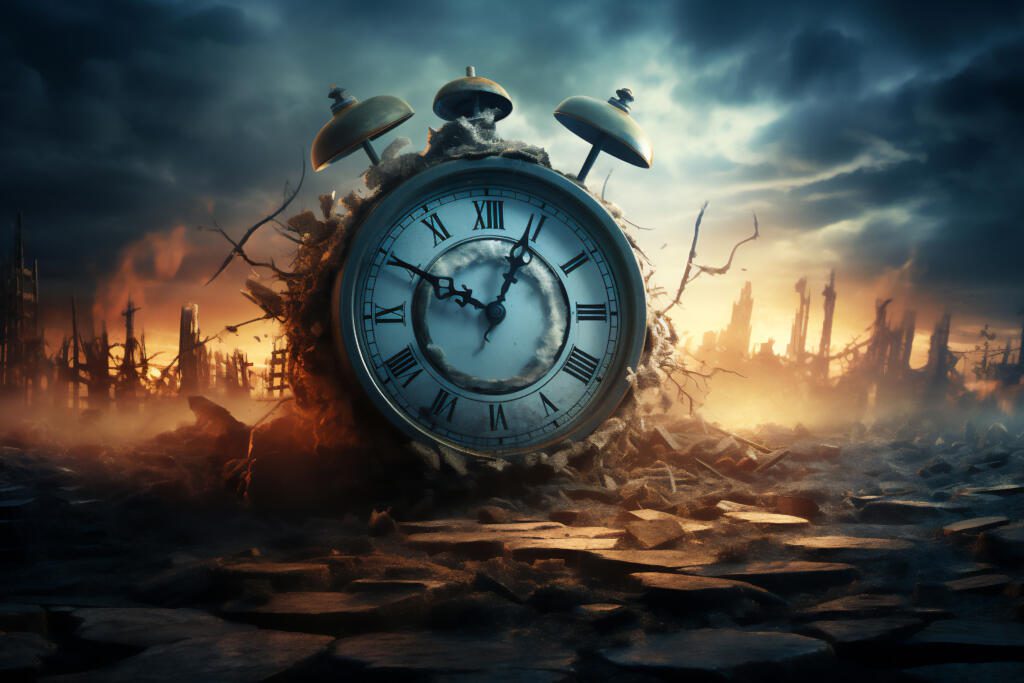
That moment comes back again, at the end of one campaign. Maybe you have been playing the same characters for 5 whole years. Perhaps it’s time for a player to jump into the GM seat to give the previous one a breather. Everyone gets ready and starts to think of character concepts. Nevertheless, possibly one of the most important decisions comes into play now. How long do we want our next campaign to be?
We all have faced this moment, and many don’t put that much thought into it. However, having run and finished 3 long campaigns (even though 2 of them ended abruptly), I think I have got a good understanding of the pros and cons of each of the two “modes of play”. Here, in this article, I will detail the reasons why I believe it is always best to state this in a session 0, and which you should decide considering your playstyle. I will be leaning more toward why I have lately preferred shorter campaigns over long ones, but at the end of the day, it mostly depends on what the whole group wants.
The definition of short
How long do I mean when I say a “short” or a “long” campaign? That is extremely variable, and I believe that depends on the kind of game you wish to have. Personally, I believe that the ideal length so that your campaign does not feel very much “on rails” while not feeling long either is to have it last 3-6 months (12-24 sessions). I call anything over 6 months a long campaign. This may change depending on your perspective of the matter, of course.
Most games are specialized for a certain campaign duration. For that very reason, be sure to study that before you decide on running a new game. You can always break the rules a bit and do your own thing, but it does not always offer the best results. A great example is what happened to me when trying to make the game Kids on Brooms run for too long. It’s like trying to eat a lasagna with your bare hands. You can do it, and it might be good, but it won’t offer the best results and will have you work harder for it.
A special focus on the story
Short campaigns allow you to run more story-focused games. Does this mean that characters may not have as much of a spotlight? Not always. When running short campaigns, I usually tell my players that there is a high chance that their character backstories won’t be fully explored. However, if I can get to tie them to the overall narrative of the campaign, then they may get to see more than expected. There’s always the possibility of running another short campaign and having the same characters appear in case the players want to keep using them. So, in a way, shorter campaigns can work as seasons from a TV series. If you are ok with where it ended, then further seasons are canceled. If not, you can make it go as long as the Simpsons.
Just like when you are working and have a deadline you need to meet, restricting yourself to a shorter campaign can help you manage the pacing in a better way. You set from the beginning of the session which things you want to happen. Players can fool around as much as they want, but the story will come and stomp them when they least realize it. With enough experience as a GM, you can have these events flow naturally into the narrative. That way, it becomes easier to create a strong beginning, middle point, and end. Personally, I have had an easier time making the story feel more impactful when it transpires over a shorter period of time. Otherwise, players tend to forget things, making big reveals not feel as great as they could be. As always, this highly depends on your players and the kind of story that you are running.
I tend to think of short campaigns as TV series seasons, or as movies. If you are running a game about detectives, the whole campaign could be one big case that they have to unravel. That shouldn’t take too long. Now, if you want to have that mystery tied to a mafia that is running illicit activities all around the world, you can decide to expand that campaign.
World Exploration
Short campaigns aren’t always the best for world exploration… Or are they? That mostly depends on the size of your “world”, and the game you are running. A medieval epic fantasy tale using D&D5e might explore a whole continent and take years and years to run that campaign. Now, if your game world is just the city of New York, it isn’t that difficult to imagine a short sandbox campaign set there.
For my open-world city heist campaign in which the characters had to leave a message to a tyrant governor at her big birthday party, they were given free rein to explore the whole city and decide on what they wanted to do to leave a message or infiltrate the party. The campaign lasted 4 months, and they were able to explore their characters, multiple NPCs, and the whole city. All in all, it is entirely possible to run a campaign that is all about exploring a location depending on the scope of your game.
How does it affect the players?
When deciding whether you want to run a short or long campaign, your players should heavily affect your decision. First and foremost, you should ask them which sort of campaign they prefer. Then, take into consideration player commitment as well. Players who have too many responsibilities may have a harder time arriving on time, or even making the sessions. Sometimes they can make time just for a short campaign.
If the game is too complex, like games that are crunchy in rules such as D&D or Pathfinder, consider running a short campaign instead of a long one for new players. Once they start to get how the game works, consider running a longer one if you like. Or maybe just create another short one. These sorts of campaigns can also be great if you are looking to make more challenging encounters for the players, as running a long campaign that is also challenging can become too taxing both for the players, as well as for the GM who has to plan all the encounters.
Conclusion
At the end of the day, whether you decide to run a long or short campaign is something very personal that you must determine with your players, and is heavily tied to the game you decide to run. While I do enjoy more story-focused campaigns that are strong from start to finish and don’t last long to create a bigger impact, you might prefer campaigns that take ages to finish, with a complex storyline that takes its time to unravel, and that’s totally perfect as well!
Now let me know, which kinds of campaigns do you enjoy running the most? What about the campaigns you enjoy playing the most? Write it all down in the comments below!


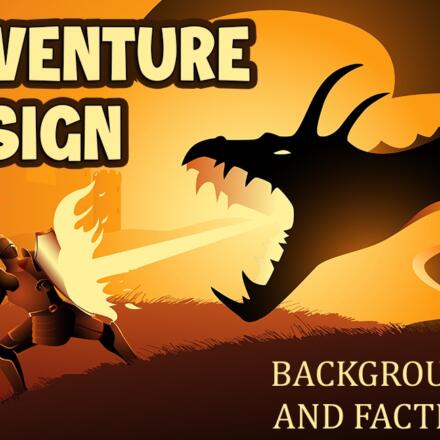
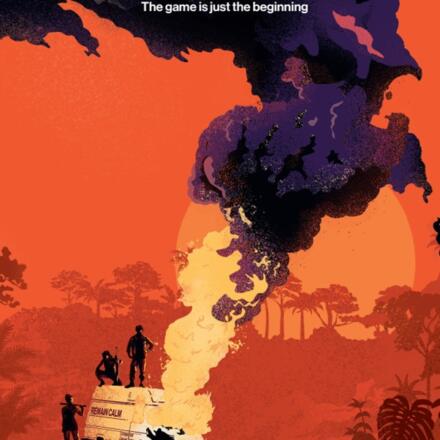
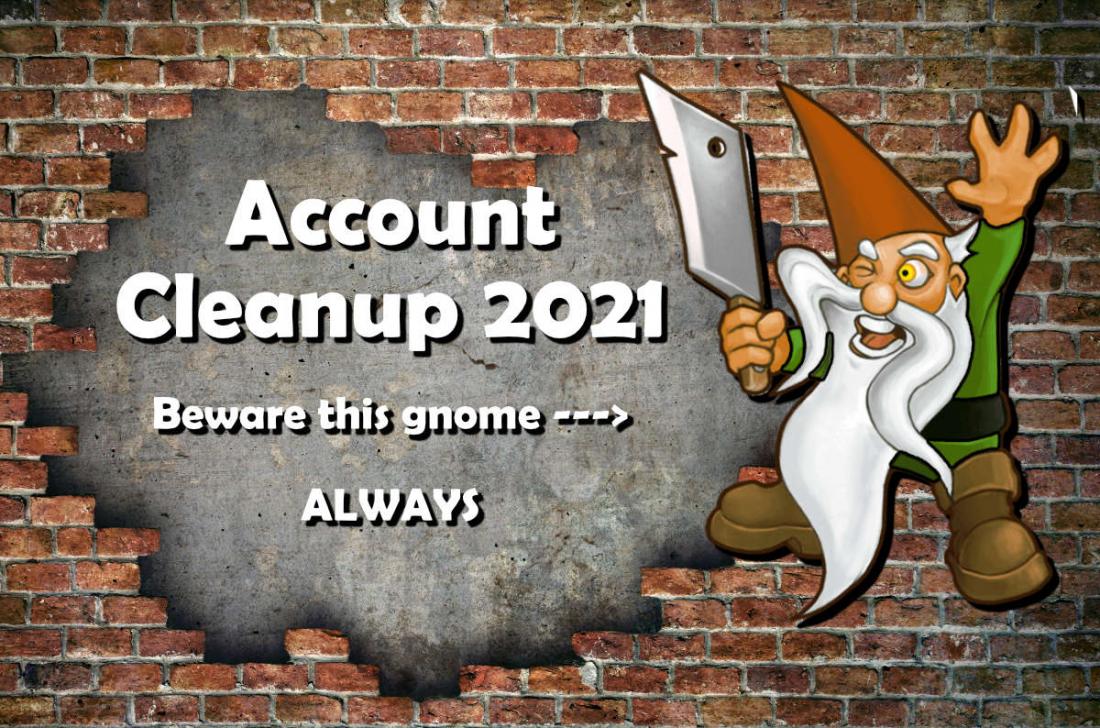
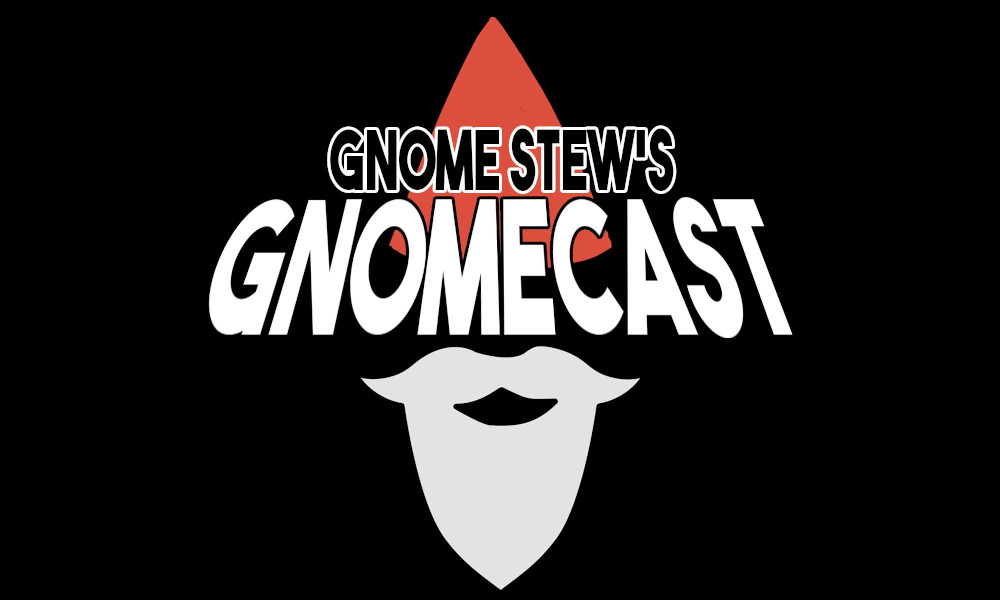











I’ve found myself tripping into running multi-year “Level 1 – 20” campaigns for my friends – for both my local friends and my online group. And while I’m super proud of us for sticking to the commitment but there are just so many other games out there in the world that I want to play. And yet, every time we sit down for a new session zero, and the question of “how long do we want this to go for” comes up, 9 times out of 10 the majority of people answer, “For as long as possible!”
In those cases, I’ve started suggesting a check-in clause. Every so many levels (or story arcs if the game doesn’t use levels) we check in to see if we want to continue on with the current campaign or try something new. It’s worked out really well so far, and has given me as a GM the chance to say, “I can continue with this story, but only after a break.” And then we have other people step up to fill in with one shots and, in one case, given a brand-new to GMing player the chance to run a smaller campaign in between the larger arcs of the main campaign.
Many good points in your article. But sometimes it’s just fun to play really long campaign if it’s possible, you know?